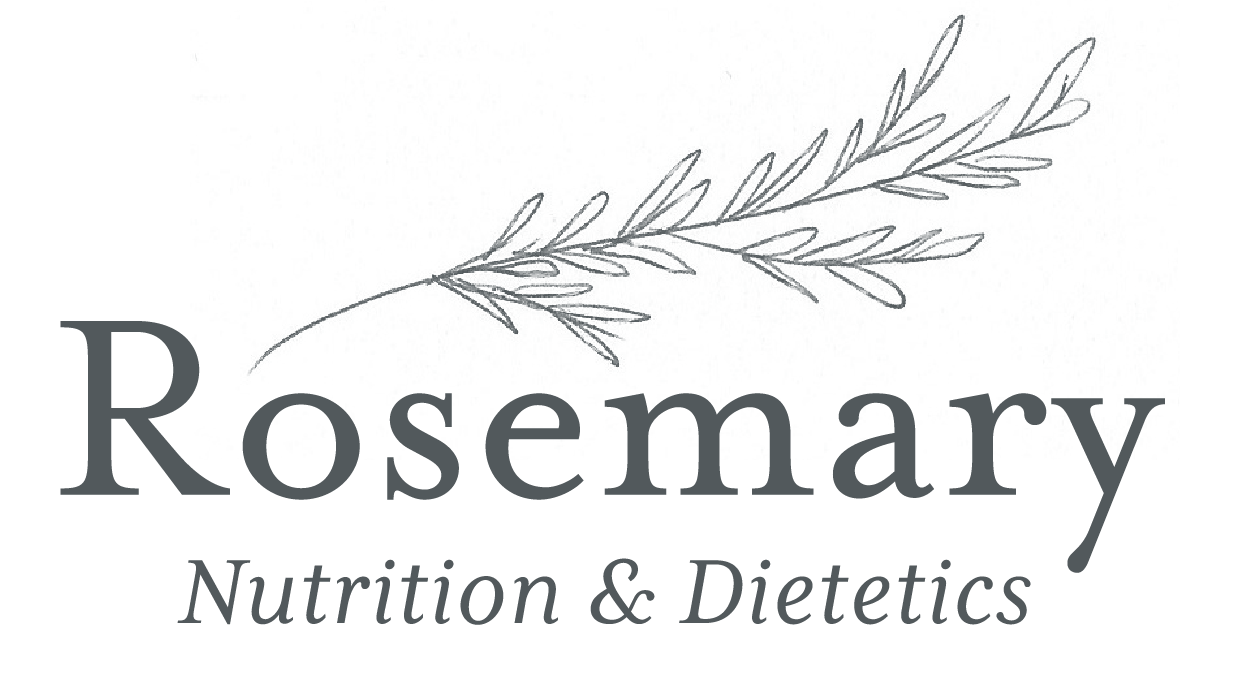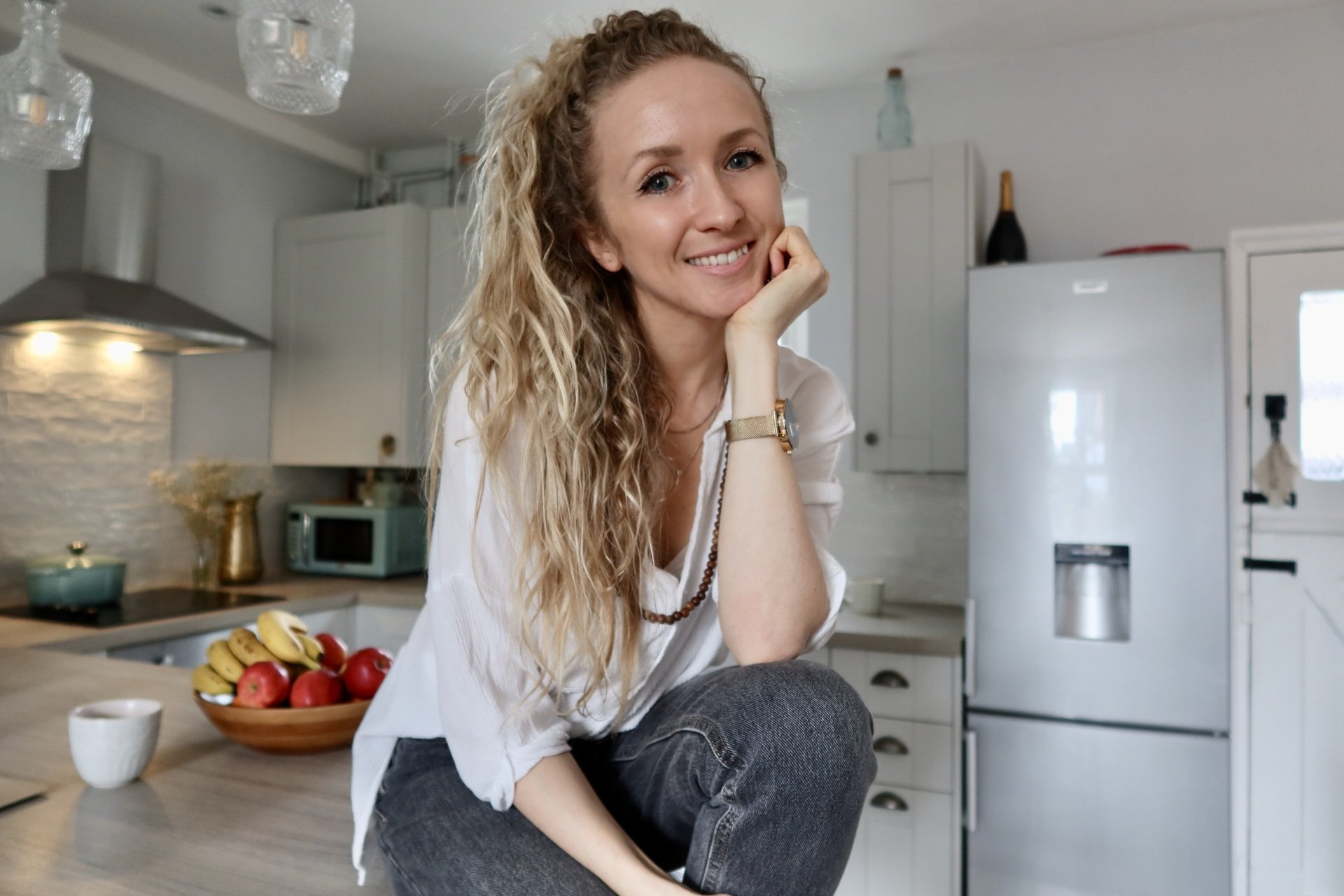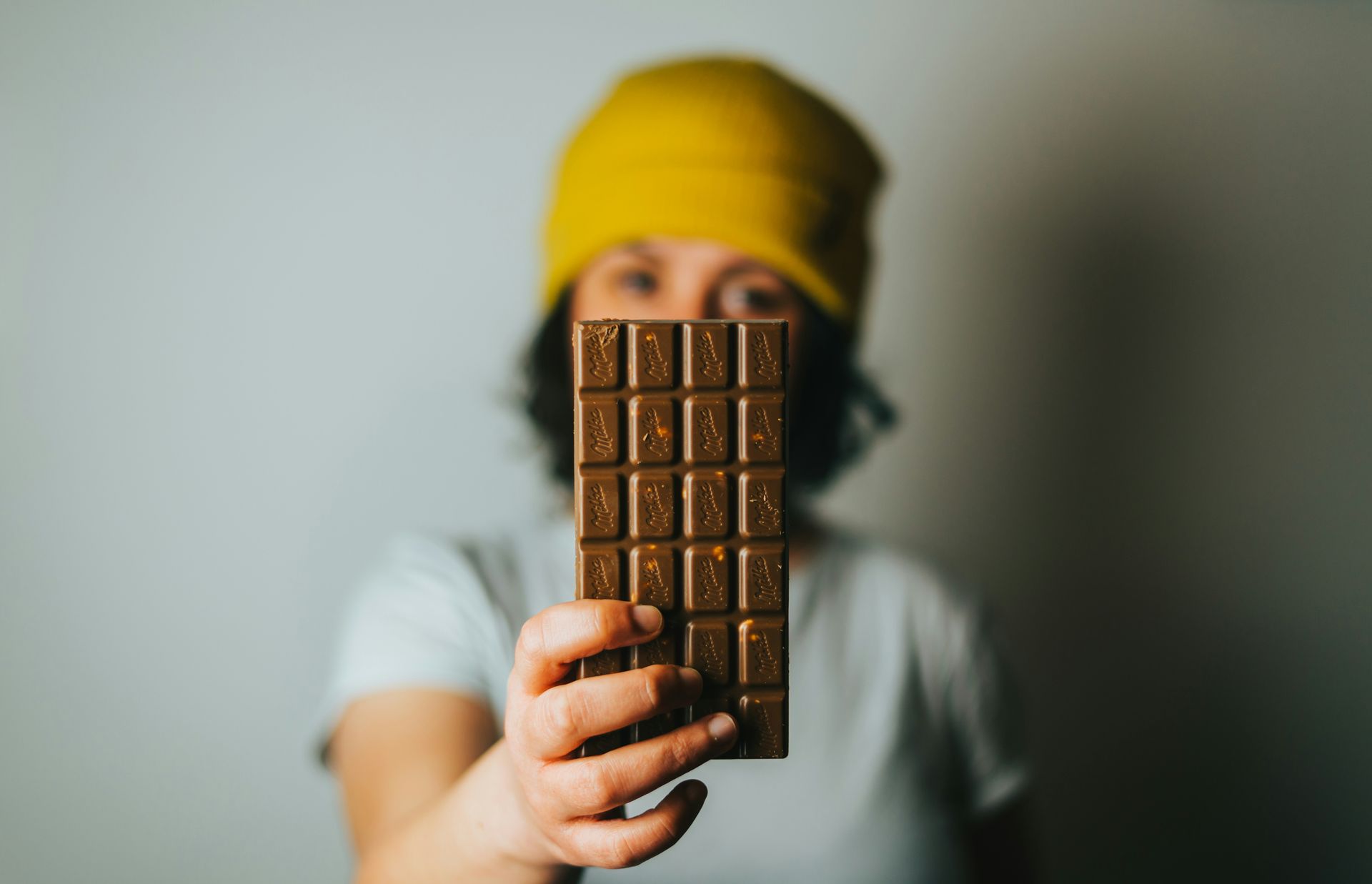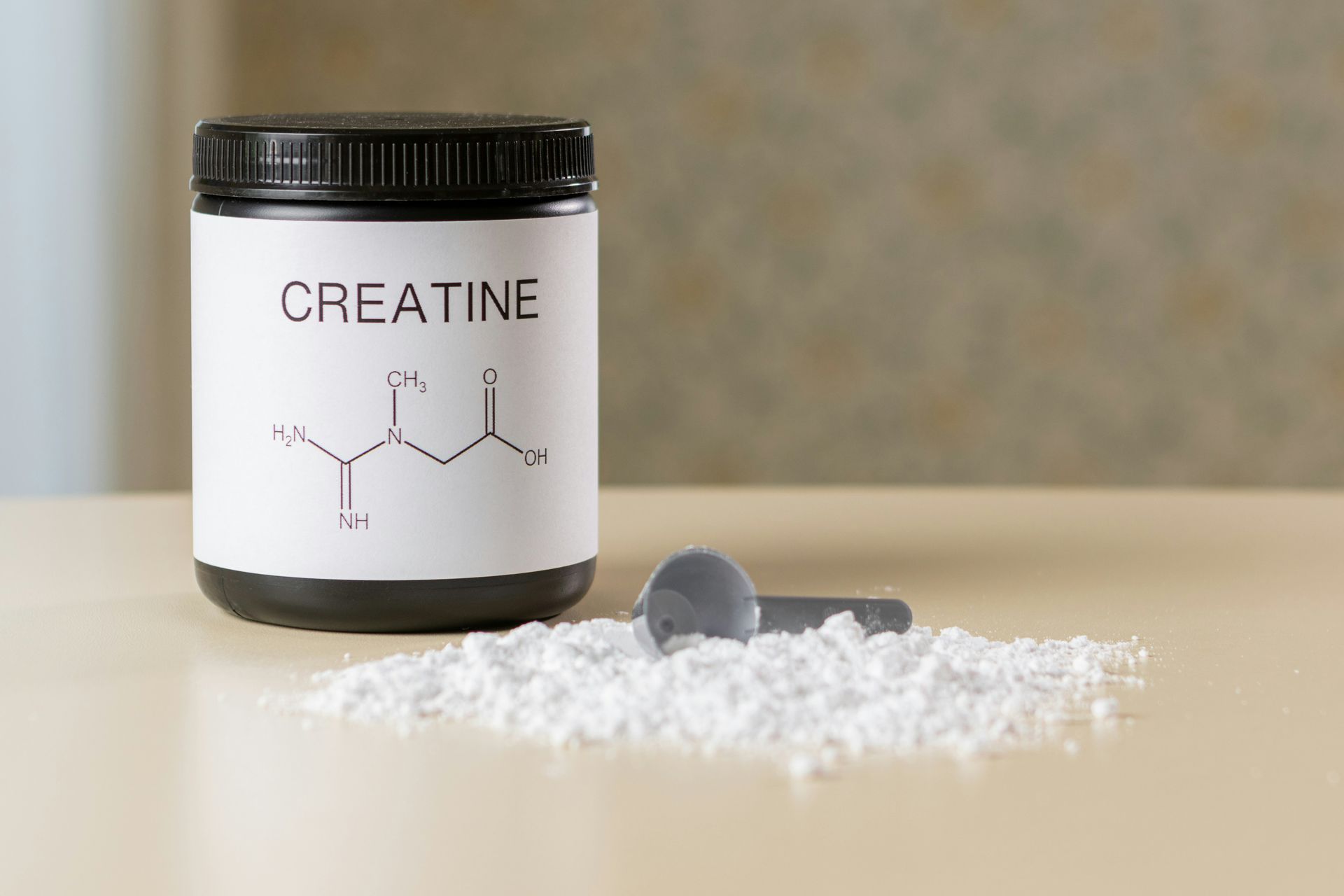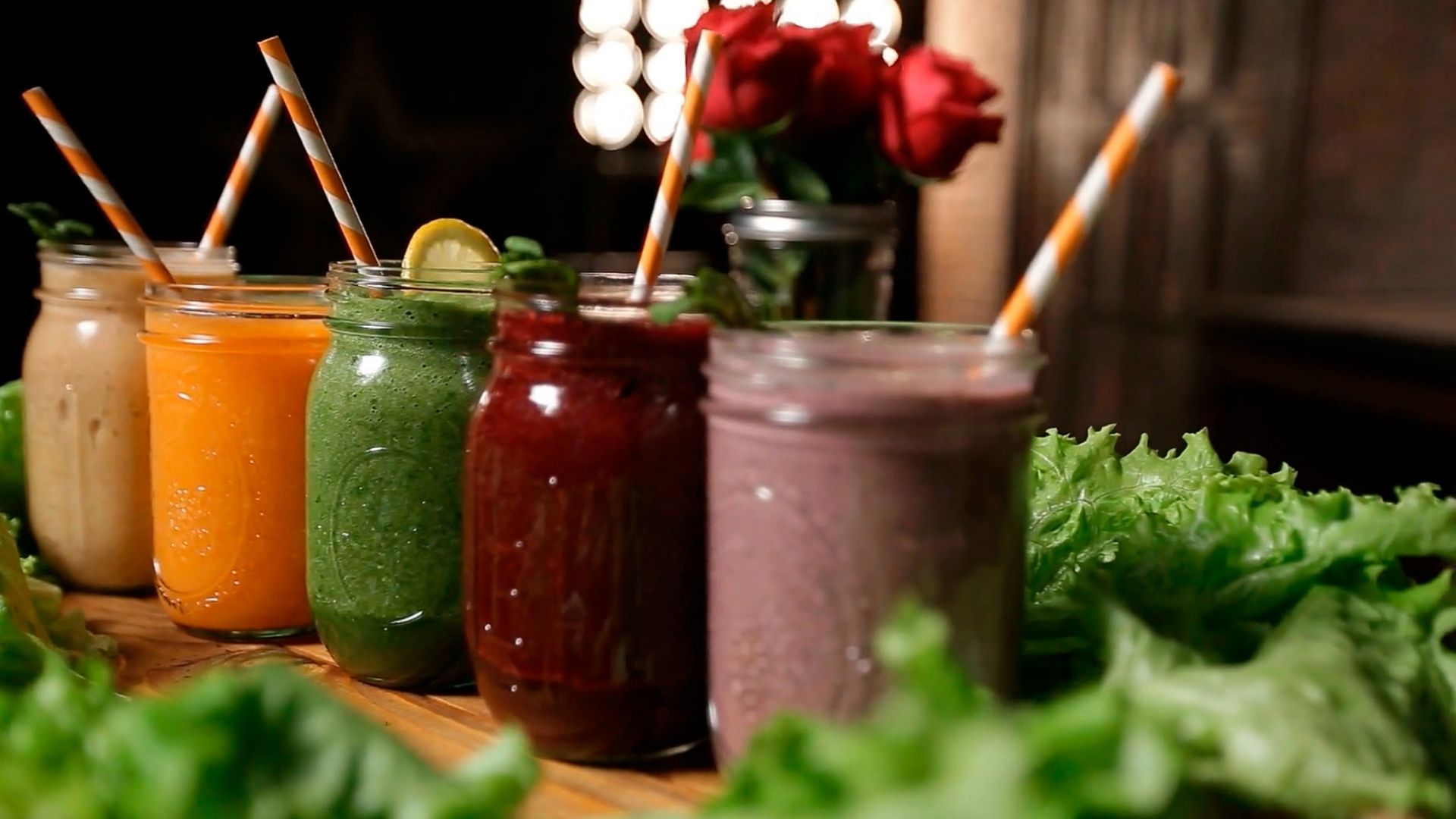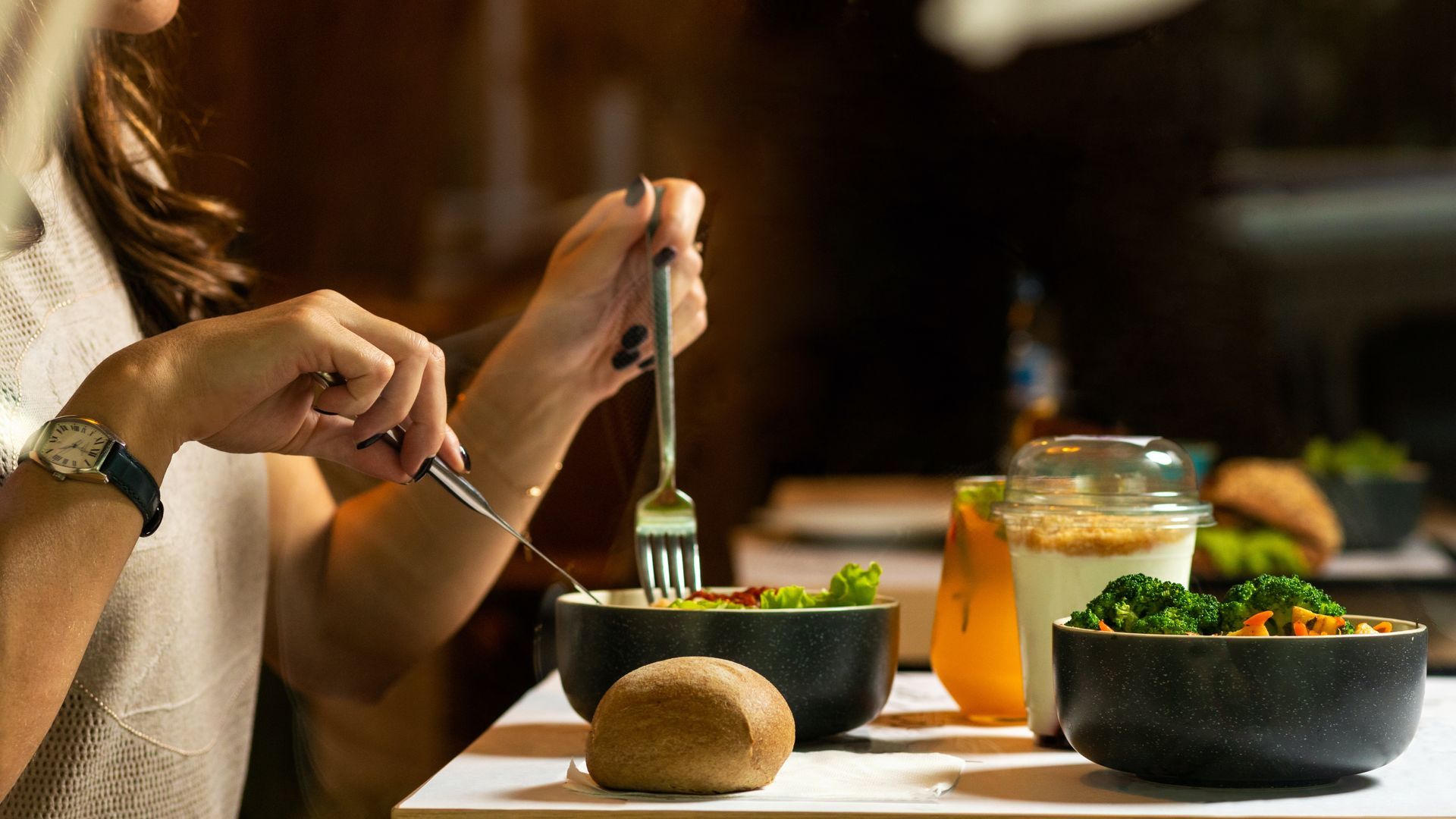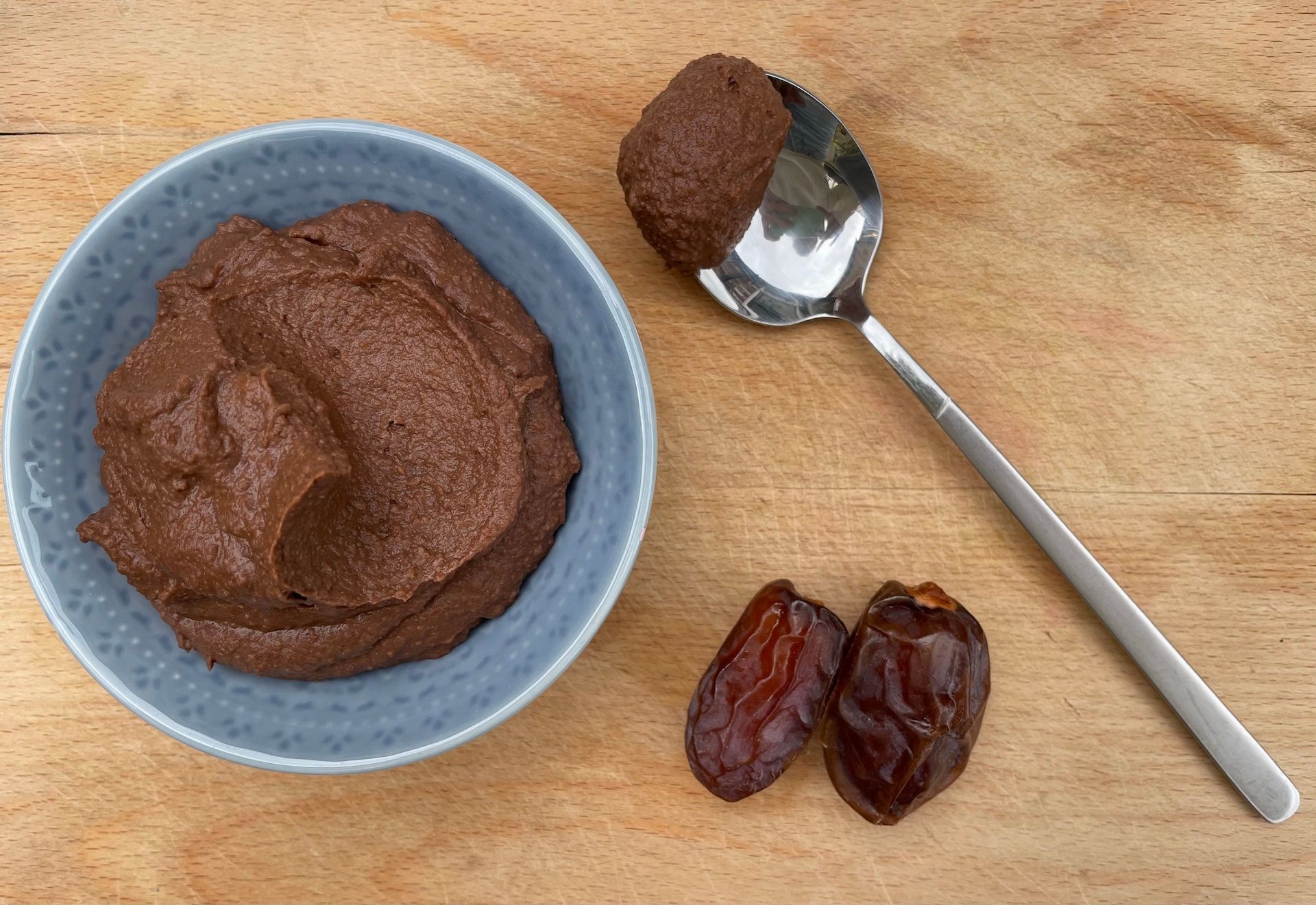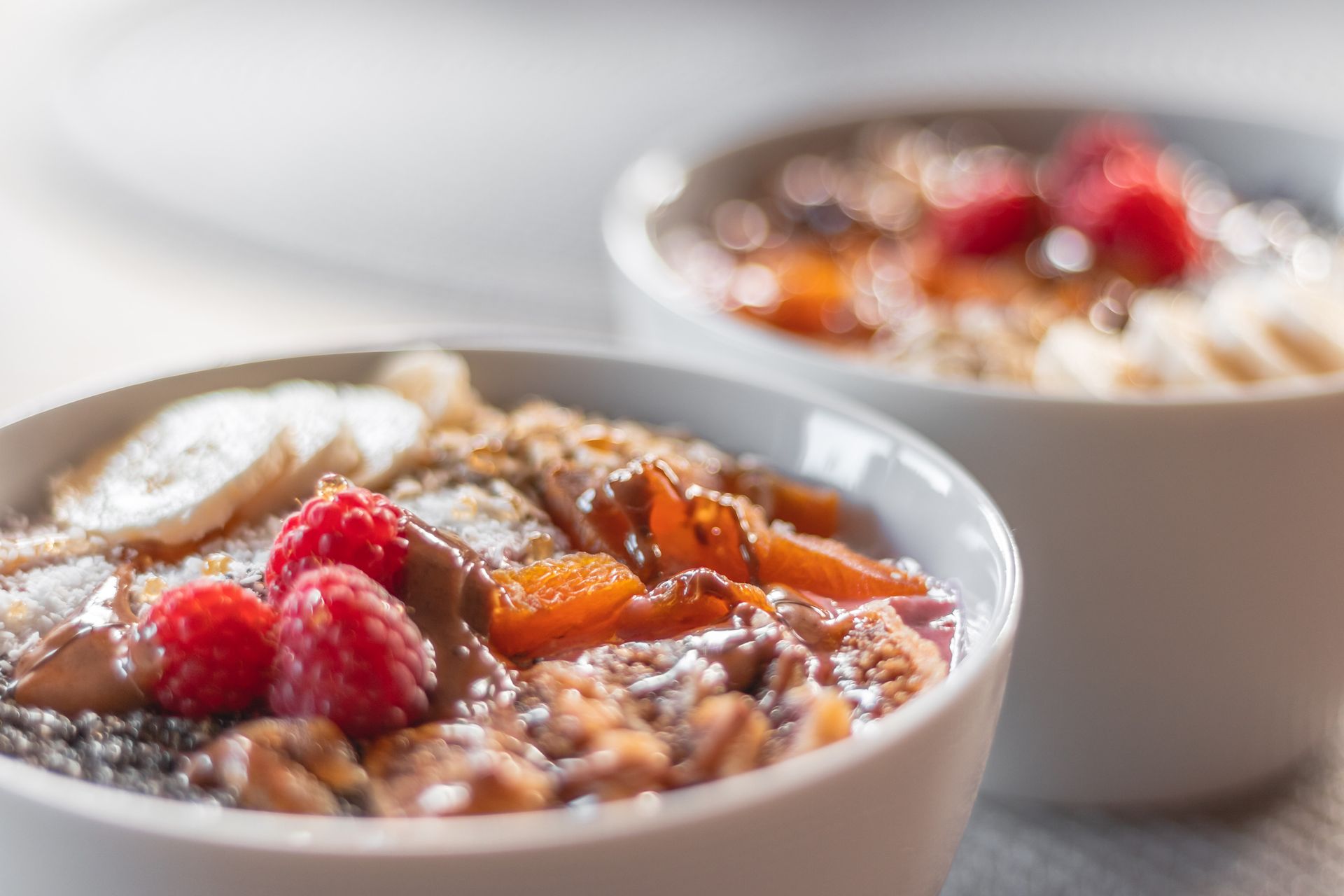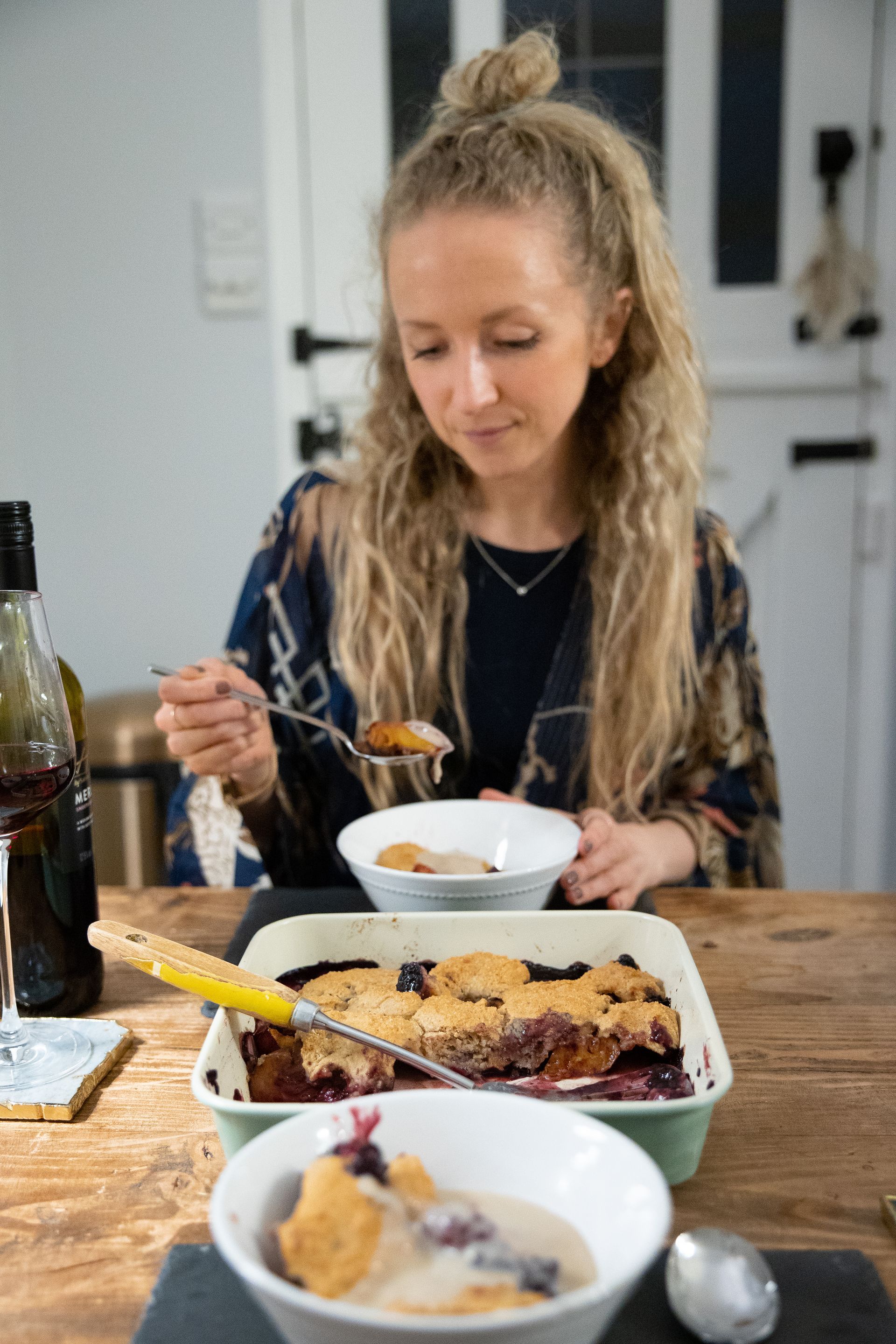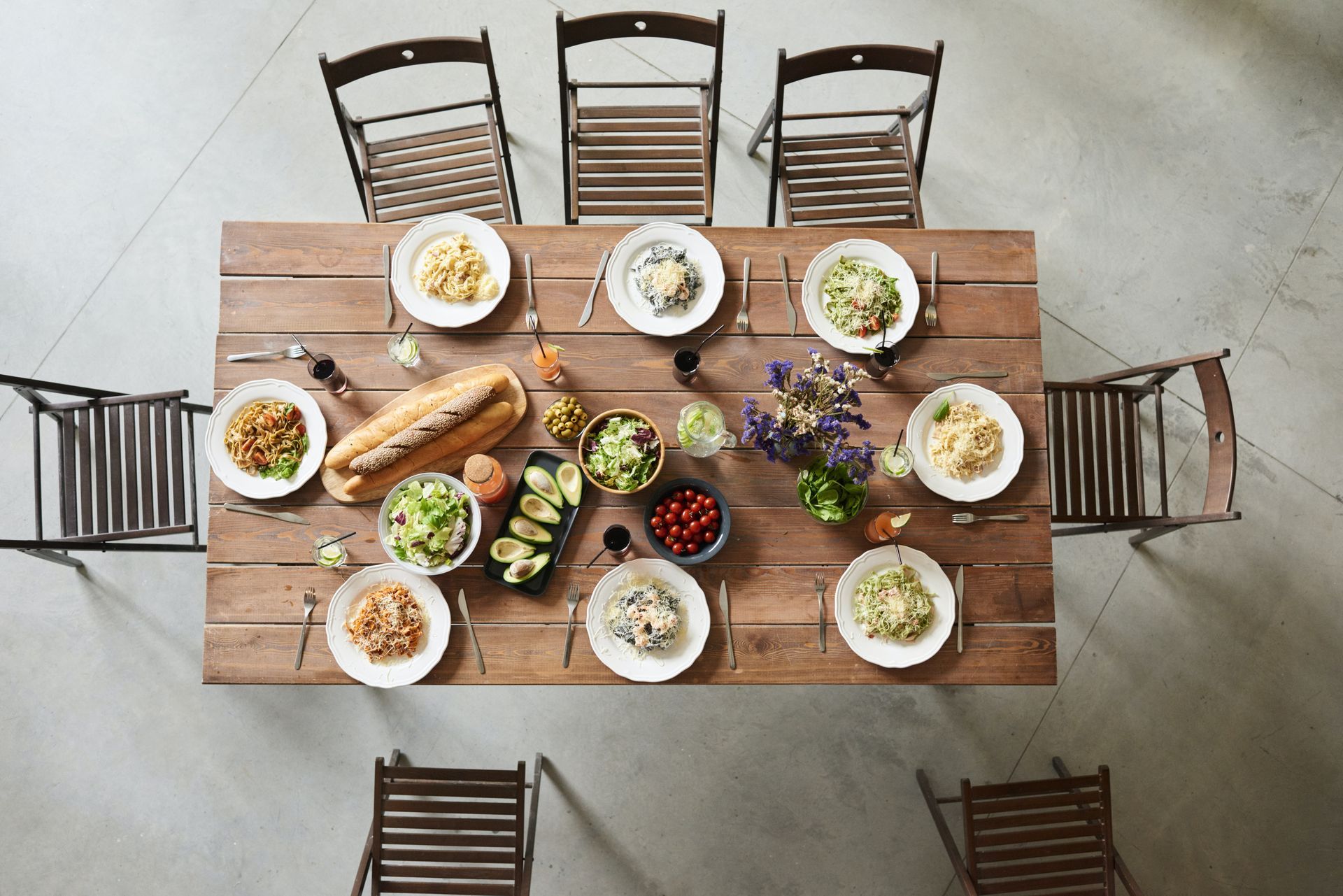Say Hello
Join our newsletter
Join our newsletter
Diet & Skin Health
Did you know that your skin is your largest organ and it plays a critical role in keeping you alive. Skin protects our delicate insides from the harsh external environment, regulates our temperature, prevents our body from drying out, and provides us with our sense of touch. On top of its necessary functions, our skin tells a story; it bears the scars we accumulate through our lifetime as well as frown and laughter lines accrued through age and wisdom.
Pure and glowing skin is worshipped in modern society as a sign of youth and vitality. Whilst we must challenge our ideals of beauty, we can also work towards healthier skin that ages more slowly and protects our bodies for longer through our own daily habits. And no, not from a bottle, a pill, or the latest ‘breakthrough’ in skin treatment technology.
What causes poor skin health?
Ageing is a natural part of life. Ageing is characterised by the accumulation of cell damage, impaired ability of our tissues to regenerate, and loss of physiological integrity1. In chronological ageing, the process is dependent on our age in years, our ethnicity, and our individual genetic differences. In photo-ageing, it is our exposure to ultraviolet radiation that results in changes such as wrinkles, pigmentation and roughness. Other causes of skin damage over time include stress, smoking, excess alcohol intake, lack of sleep and a poor diet. As you can see, what we eat is just one factor influencing skin health, and this is what we will be focussing on here.
Can diet improve my skin?
Our bodies obtain the building blocks they require for maintenance and growth through the food and drinks we consume. Our diet therefore has the potential to help us reach our goals of healthy and happy skin.
What foods do we need to support skin health?
Variety is key in supporting healthy skin. There is no one food or nutrient that will provide everything your skin needs to work optimally. There are, however, some specific nutrients that you will need to be getting enough of:
Water
Water is vital for life through maintaining tissue function. Dehydration leads to ageing and inflammation, particularly within the skin. Drinking 2 litres of water daily is recommended for the general healthy population, and more if you live in a warmer environment or you are very active. Sufficient fluid will promote both superficial and deep hydration of the skin1. Don’t forget that food also contains water; particularly hydrating foods include cucumber, tomato, spinach, broccoli, watermelon, apples, citrus fruits and berries2.
Protein
Dietary protein provides the amino acids required to build the structure of all the layers that make up our skin. When we choose plant protein, we are not only able to obtain all the amino acids we need, but we also consume other nutrients supportive for skin health such as fibre, micronutrients, antioxidants and vitamin and minerals. Including regular protein-rich plant foods rather than animal foods will support skin health. Sources include tofu, tempeh, soya milk, nuts, seeds, beans, pulses, and wholegrains.
Omega-3 Fatty Acids
Essential fatty acids, such as omega-3 and omega-6, are vital in building and maintaining the outer-most layer of the skin3. This layer is required to maintain a physical barrier with the outer environment as well as to preserve moisture in our skin. Dietary omega-6 is readily available, so omega-3 is where we should be focusing our efforts. Omega-3 is considered anti-inflammatory, which may also provide benefits for the skin4. On a fully plant based diet, some people choose to include an algae oil supplement for long-chain omega 3s (often referred to as EPA and DHA), but this is a personal choice and not necessarily essential if you are including regular plant sources of short-chain omega 3s (known as ALA). Plant based foods rich in omega 3 include walnuts, flaxseeds, chia seeds, vegetable oils and tofu.
Vitamins
We require vitamin C to build collagen, a tissue that is integral to support the structure of the skin5. Vitamin C-rich foods include strawberries, blackcurrants, kiwis, peppers, broccoli and citrus fruits.
Vitamin E is an antioxidant that is important in protecting the skin against oxidative damage6. You can get vitamin E from nuts, seeds and leafy green vegetables.
Vitamin A provides benefits through its antioxidant effects as well as through its role in cell growth and turnover. Beta-carotene is the plant-based precursor for vitamin A, and is found in leafy green vegetables, carrots, peppers, sweet potato, mango and apricots.
If your diet is lacking in B-vitamins, this may lead to rashes, cracks, dermatitis and inflamed skin. B-vitamins are found in wholegrains, nuts, seeds and vegetables.
Vitamin D may also contribute to skin health, and a daily 10mcg supplement is advised for everyone (irrespective of diet), particularly during the winter months when our skin is unable to make vitamin D on exposure to sunlight.
Minerals
Selenium is an antioxidant linked to skin health and is found in brazil nuts, seeds and wholegrains.
Zinc supports wound healing and protection from UV damage7 and can be found in beans as well as nuts and wholegrains.
So as you can see, some of the main nutrients we require for happy and healthy skin are abundant when you choose a whole food, plant based lifestyle. In fact, one study published in 2020 concluded that, from the available evidence, a whole food, plant based diet is supportive in preventing skin ageing8.
Should I take supplements?
There are many supplements out there claiming to restore youthful skin. The truth is, it is always best to get the nutrients we need from a whole food diet. If you are unable to follow a balanced and healthy eating pattern, then you may need to supplement certain nutrients. Speak to a dietitian before doing this, as high doses of some nutrients can actually lead to harm.
What about collagen supplements?
Collagen is a protein that animals, including humans, make naturally. Collagen makes up 75% of our skin and provides structure and plumpness. Natural loss of collagen as we age leads to increasingly sagging and wrinkled skin. If we can boost the collagen in our skin, we would surely see signs of youth miraculously reappearing, right?
We do not yet have enough evidence that taking a collagen supplement does anything for our skin over and above a healthy and balanced diet. Like all other dietary protein, collagen is broken down by our digestive system into amino acids which can move through our gut wall and into our blood. These amino acids are sent on to be used where the body prioritises it, and not necessarily in the skin. Taking collagen is not likely to cause you any harm, but remember that collagen is most often animal-derived, bringing animal welfare and environmental concerns into the equation. The best way to ‘boost’ collagen is to provide our bodies with the conditions and the nutrients we need to increase our own collagen production (or decrease collagen breakdown) as we age through a diverse range of colourful plant foods9.
A plant-based diet and skin
Many plant-based eaters find that their skin improves when they make the switch. If you have moved to a plant-based diet and found that your skin has changed for the worse, then you are not alone. When we change our diet, the body has to readjust to the change in levels of water, fibre, nutrients and hormones. Moving to a whole food, plant based and avoiding processed vegan foods along with excess alcohol, is the best option here. This will limit added sugar, salt, fat and other ingredients that can be detrimental to our skin. Give your skin some time to readjust to the changes.
In rare cases, supplementation of vitamin B12, recommended for all vegans, can cause acneiform eruption10. The data on this is currently limited, but if you feel that your skin health has worsened since supplementing B12, my advice would be to avoid very high dose supplements of B12. You could take a supplement containing the minimum recommended 10mcg of B12 daily, or consume fortified products 2-3 times per day to achieve 3mcg in total11. Make sure to monitor your B12 levels long-term with regular blood tests. Taking vitamin B12 on a vegan diet is non-negotiable due to the devastating effects of deficiency.
Rosie's top tips for healthy skin
- Include a diverse variety of colourful fruits & vegetables every day
- Include healthy fats high in omega 3 every day
- Stay hydrated
- Reduce processed foods and those high in fat, sugar and salt
- Reduce or avoid alcohol
Other important ways to protect your skin
- Protect you skin from the sun
- Quit smoking
- Reduce stress
- Maintain a good sleep routine
In the end it is the quality and diversity of the foods you choose every day that will support the practical functions and appearance of your skin. But remember, getting older is a privilege, with our skin bearing the unique story of our lives. I think that’s pretty beautiful.
References
- https://www.ncbi.nlm.nih.gov/pmc/articles/PMC7146365/
- https://www.bda.uk.com/resource/skin-health.html
- https://www.ncbi.nlm.nih.gov/pmc/articles/PMC2835894/
- https://www.sciencedirect.com/science/article/pii/S0005273617300986
- https://pubmed.ncbi.nlm.nih.gov/24796079/
- https://www.ncbi.nlm.nih.gov/pmc/articles/PMC4976416/
- https://www.ncbi.nlm.nih.gov/pmc/articles/PMC4428712/
- https://www.ncbi.nlm.nih.gov/pmc/articles/PMC7380694/
- https://pubmed.ncbi.nlm.nih.gov/31411379/
- https://pubmed.ncbi.nlm.nih.gov/28594082/
- https://www.vegansociety.com/resources/nutrition-and-health/nutrients/vitamin-b12/what-every-vegan-should-know-about-vitamin-b12
Rosie is a plant-based registered dietitian, founder of Rosemary Nutrition & Dietetics, and works both in the NHS and as a freelance dietitian.
You can contact her with any queries via Rosemary Nutrition & Dietetics on rosie@rosemarynutrition.co.uk
